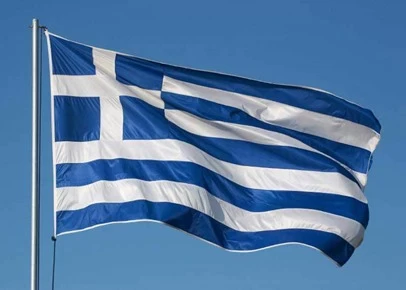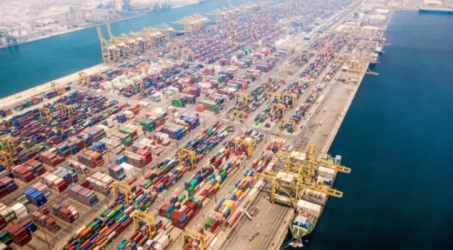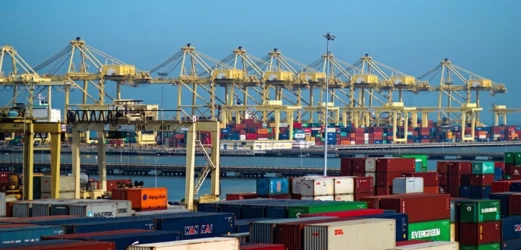Guide to Trade with Greece, Maritime Transport
Greece, with its rich history and strategic geographical location, has long been a hub for international trade. Positioned at the crossroads of Europe, Asia, and Africa, it plays a pivotal role in global commerce. Greece's advanced ports and robust maritime infrastructure, particularly in the Aegean and Mediterranean Seas, make it one of the most important centers for maritime transportation in the region.
Greek Market Overview
Despite past economic challenges, Greece’s economy remains vibrant, offering significant opportunities. The country excels in sectors such as agriculture, tourism, and, most notably, shipping. Key Greek exports include olive oil, dairy products, fruits, and other agricultural goods, which are highly valued in global markets. Additionally, Greece is renowned for its maritime industry, being one of the world's leading shipping nations.
Maritime Transport in Greece
Maritime transportation is the backbone of Greece’s international trade. The country boasts several key ports that facilitate the movement of goods to and from global markets. The most prominent of these are Piraeus Port, Thessaloniki Port, and Heraklion Port.
- Piraeus Port: Located near Athens, Piraeus is one of the busiest ports in the Mediterranean. It serves as a major gateway for imports and exports, connecting Greece with the rest of Europe, Asia, and Africa. The port is well-integrated with Greece’s road and rail networks, allowing for efficient inland transport.
- Thessaloniki Port: Situated in northern Greece, Thessaloniki is crucial for trade with the Balkans and Eastern Europe. Its strategic location makes it a key player in regional trade, especially for countries in Southeast Europe.
Customs Regulations and Required Documentation
To successfully trade with Greece, businesses must be well-versed in the country’s customs regulations. As a member of the European Union, Greece follows EU customs laws, which simplifies trade within the EU. Required documentation for imports includes commercial invoices, packing lists, customs declarations, and certificates related to the goods being transported. Ensuring compliance with these regulations can significantly expedite customs clearance.
Costs of Maritime Transport
The costs of maritime transport to Greece vary depending on several factors, including the type of goods, volume, and distance from the point of origin. Choosing a reliable shipping company and comparing shipping rates can help businesses minimize costs. Additionally, investing in maritime insurance is highly recommended to safeguard goods against potential risks during transit.
Trade Opportunities in Greece
Greece’s strong infrastructure and commercial ties with other European countries make it an ideal hub for international trade. Key sectors offering lucrative opportunities include agriculture, tourism, and, of course, shipping. Greece’s shipbuilding and maritime services industries are some of the largest in the world, further boosting the country’s global economic standing.
Conclusion
Engaging in trade with Greece and utilizing the country’s maritime transport system, particularly through the ports of Piraeus and Thessaloniki, provides unique advantages for businesses aiming to expand in Europe and the Mediterranean. By understanding Greek customs regulations and leveraging trusted shipping services, companies can thrive in this dynamic market.
If you have any specific questions or need further assistance, feel free to ask!











